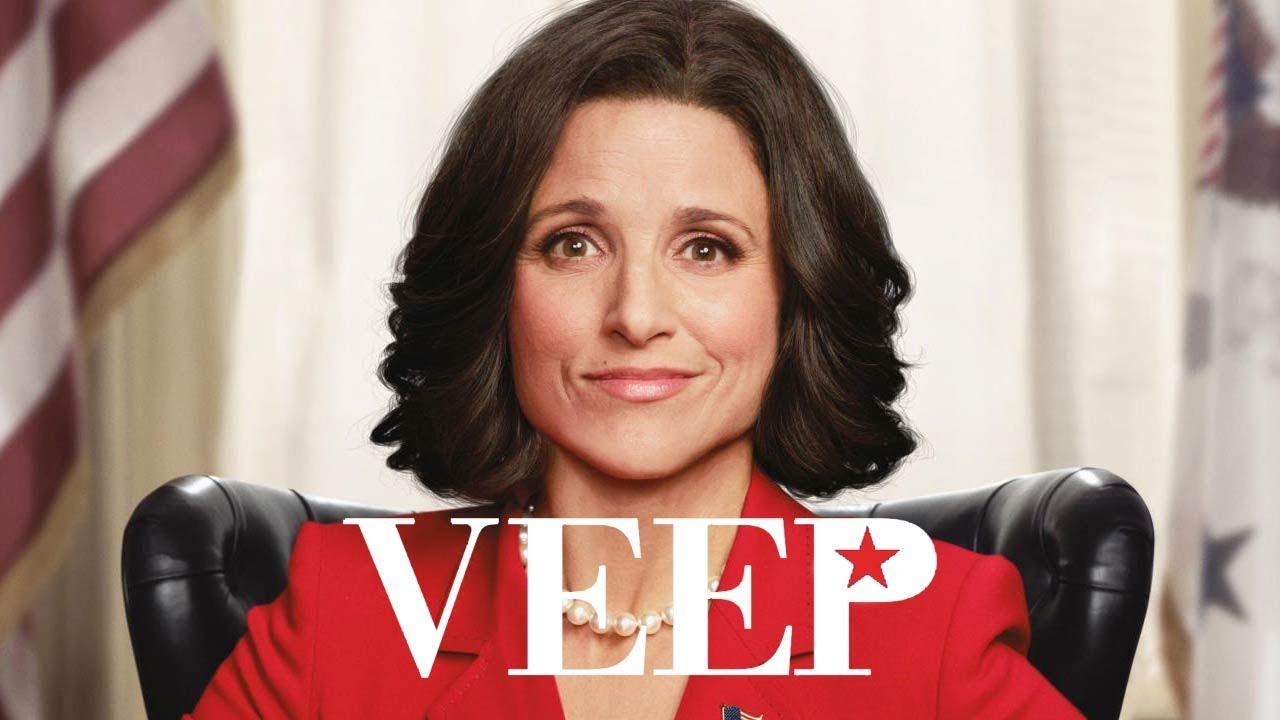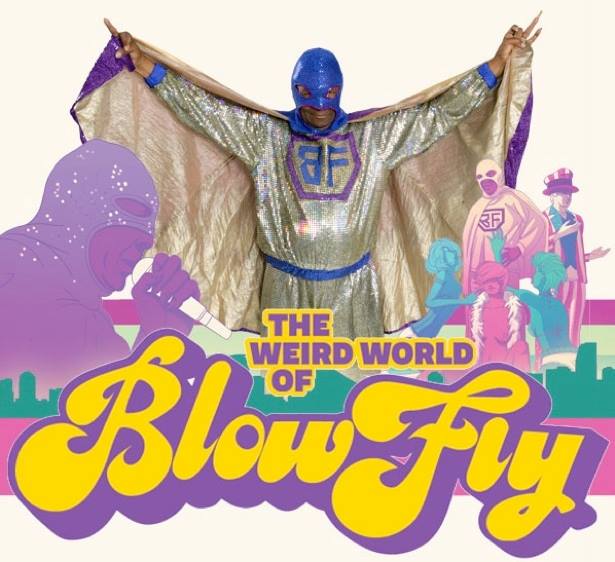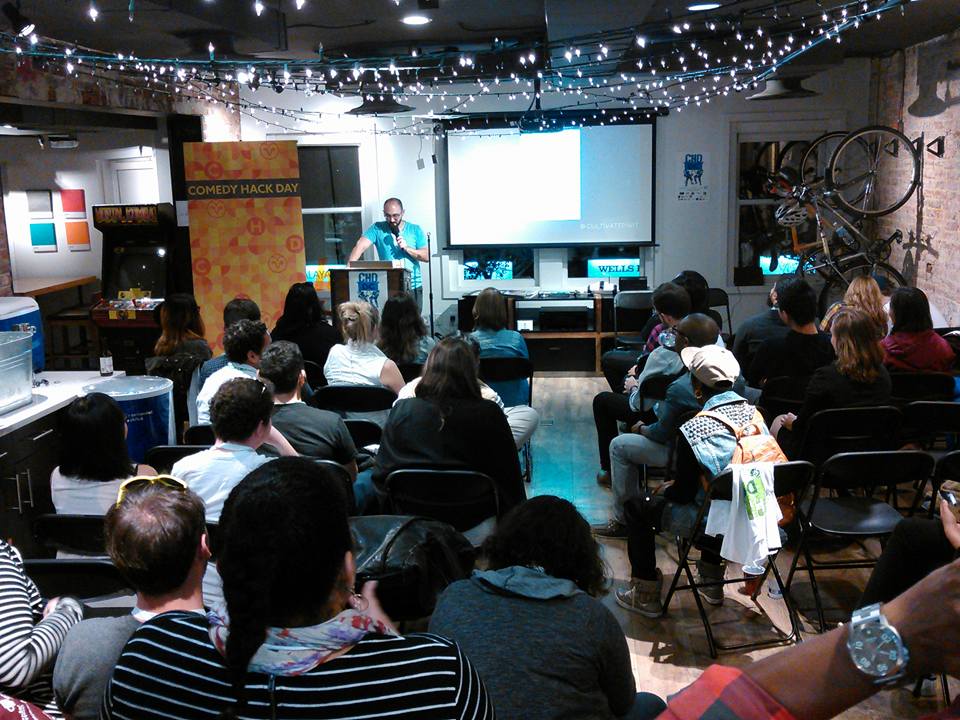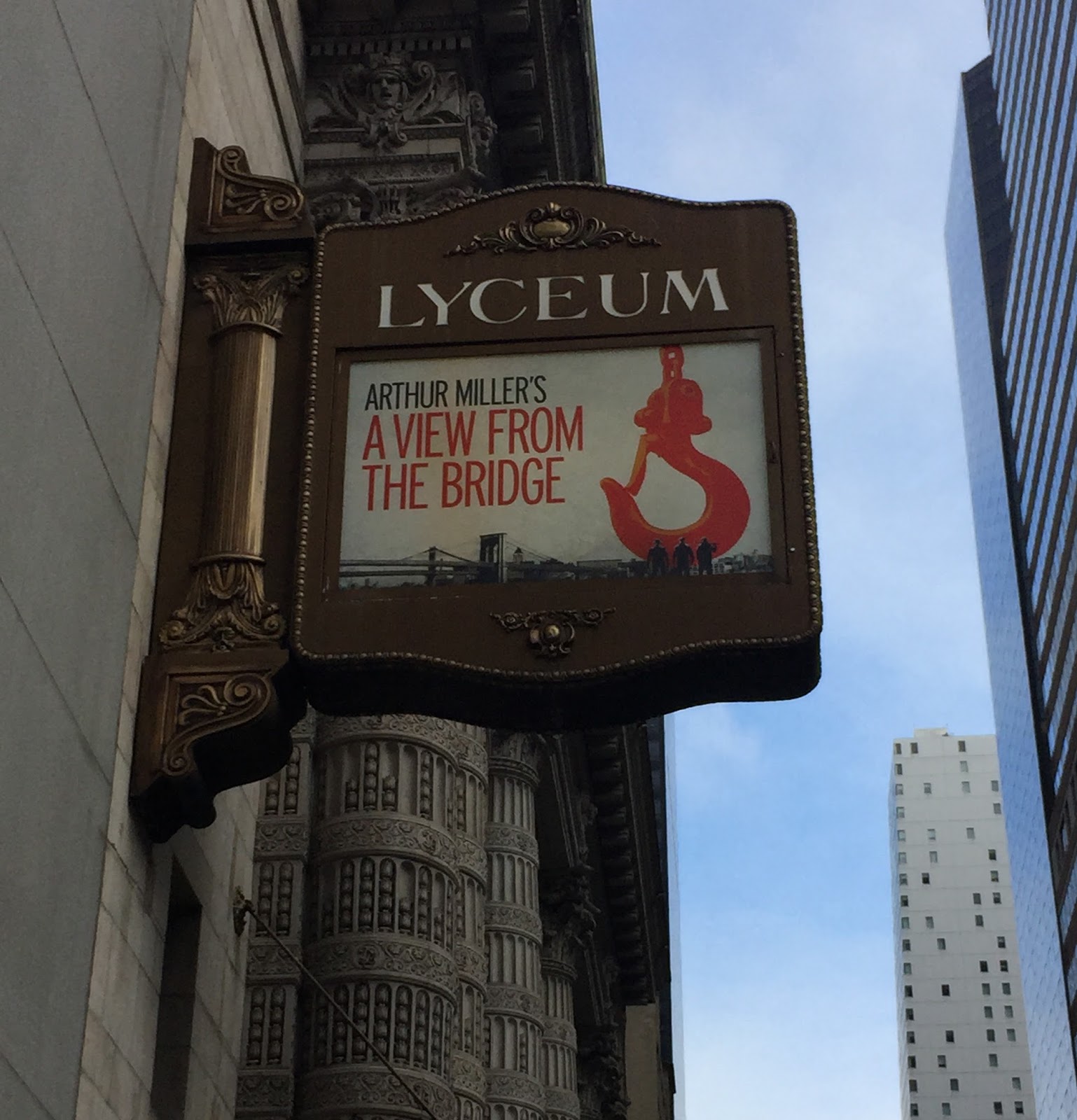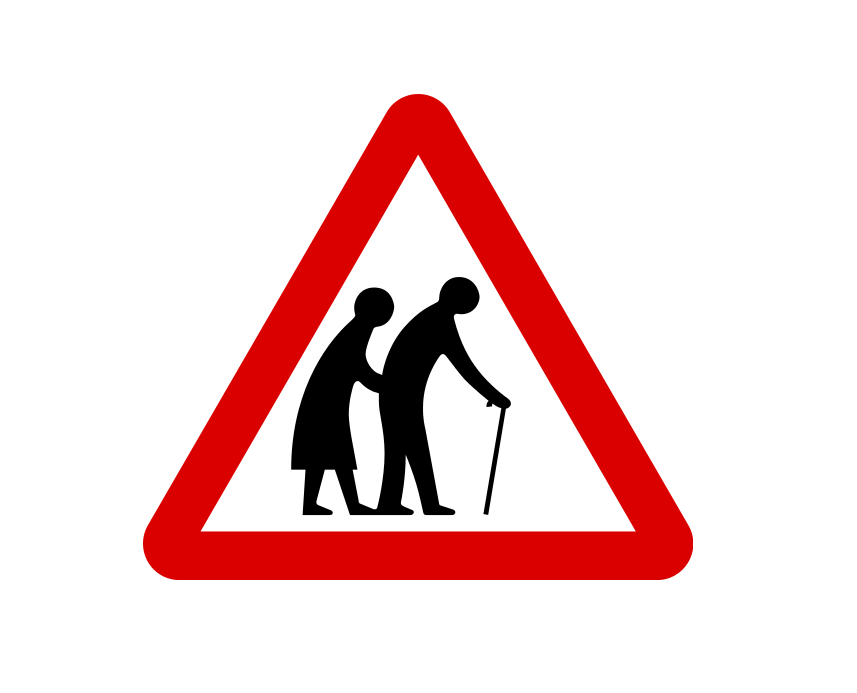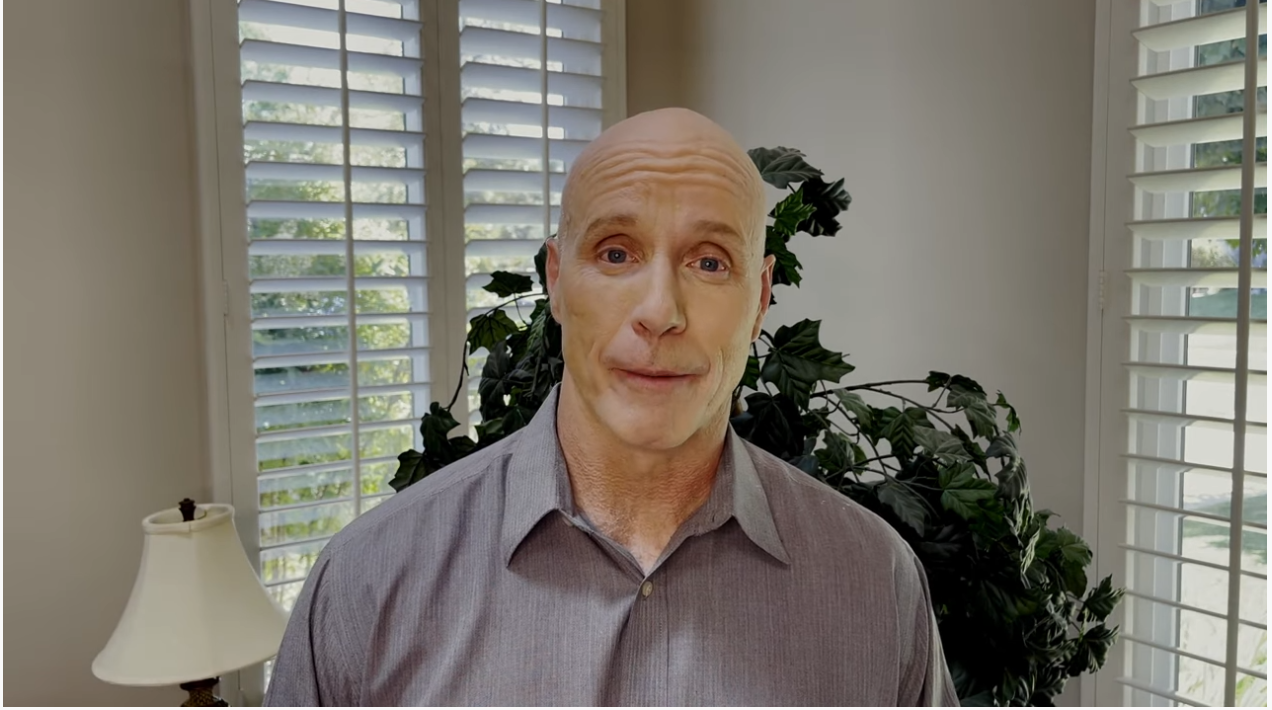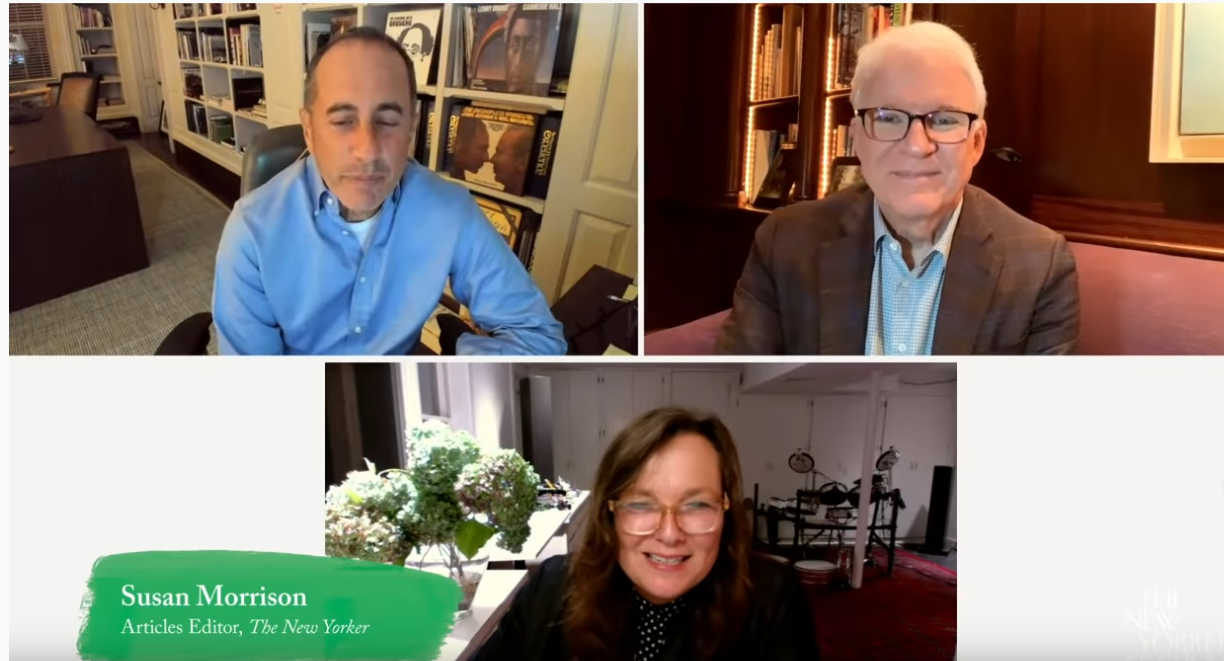
For those who are unfamiliar with the term “Rumspringa,” it’s a coming of age period when Amish teenagers are allowed to engage in lifestyle activities not permitted by their community. They’re allowed to purchase a car, watch television, and live a way most people take for granted. Once that period is over, the individual must decide if they’ll remain with the Amish community or not.
For the purpose of this article, I took that vision and applied it to comedy. New comedians often abandon this career too soon because they become discouraged when things don’t go as planned. During the past five years, I’ve taken several risks that left me with feelings of bitterness at times:
- I worked at one of the most prestigious comedy clubs in the country until was driven into the ground in less than a year by in-house fighting and bad management.
- Using that experience, I made an attempt to manage an up-and-coming comedy club. The venue lost interest quickly, and they stopped hosting comedy shows within five months.
- I lived out of my car in my hometown for a year. I didn’t consider myself homeless….I told folks I was “America’s Guest”.
- There were the unfortunate times when I was forced to work with “frienemies” – an elegant term to describe backstabbers who smile in your face while plotting against you.
Recommended: Become a Student of Comedy
As someone who studied the art and business of comedy, there were some frustrating moments happening around me. The lack of a steady income added fuel to this fire. The same question continued to pop into my head. “Am I going to quit comedy?” It was time to step back and examine if my efforts were worth the struggle. There were situations where I burned myself out previously, and I can identify if I’m approaching that threshold.
While placing my comedy career on hold, I enrolled in a class for entrepreneurs. My thinking was “If I’m not going to work in comedy, I will find a way to keep myself employed on my terms. With my culinary background and my skills in Information Technology, I can create other opportunities to support myself…just in case this comedy thing doesn’t work out.”
There were several mistakes I made when I began performing. We’re supposed to make mistakes – it’s a part of the learning process. I thought about the image I wanted to project to the audience. The material I wrote at back then didn’t totally suck, and I used those early mistakes to catapult my joke topics and performances to a new level.
Working with mentors (both physical and virtual) helped me deal with conflicts. As comedians move away from open mic shows to building their showcases, conflicts are going to happen. Comics won’t show up, low crowd turnout, tough audiences and anything to do with money. History has taught me that most problems are caused by the lack of money to promote shows and pay comedians decently.
Recommended: Comedy Inspiration is Where You Find It!
We are fortunate to have several platforms to discuss these types of issues via social media. I communicate and exchange ideas with a variety of groups on Facebook , LinkedIn, and various blogs. Some of my favorites groups include:
· Washington DC Comedy Writers Group
· National Speakers Association
· ABEL Intermedia/Barbara Barna Casting
After all this babbling, you’re probably asking yourself, “Where is he going with this?” The point I wanted to stress is how there will be times when this lifestyle will suck the life out of you. There were several occasions when I wanted to pack it up and call it a day. But I thought about the years of sacrifice it took me to get this far. I reflected on my previous body of work, and remembered something Tom Dreesen explained to me when I interviewed him:
“Don’t ever quit!
If this is your dream, if this is one you want…don’t let anyone step on that dream or get in that way of the dream. There are people in show business who didn’t have the common sense to quit. The best is yet to come! Don’t ever give up your dream!”
Final Thought:
Another reason I didn’t abandon comedy is because I believe my voice is one my audience can trust. Thanks to social media, we can recruit and build our own audience and communities. There are very few places comics can turn for genuine advice, so I hope to offer some lessons that I’ve learned the hard way. If I were to offer a single piece of advice for new comedians…it would be to find supportive communities. There is no reason that you should have to do this alone. The world is big enough for all of us to succeed. You just need to look in the right places.
Keep performing!



